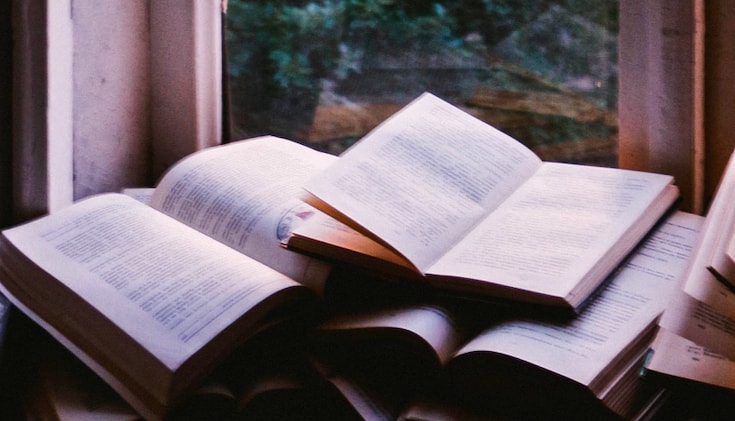To
see ourselves as just another person deserving love is a valuable
exercise. Here we start to disidentify with ourselves, see ourselves in
more objective terms. When we can see ourselves as just another
imperfect human, equally deserving of love as anyone else, it becomes
easier to offer love to ourselves.
—Kevin Griffin, “May All Beings Be Happy”
—Kevin Griffin, “May All Beings Be Happy”




